Universal Integrated Energy Plans
We advocate for and support the development of national integrated energy plans (IEPs). An IEP is a ‘power tool’ that helps direct resources effectively and efficiently to where they are needed the most. These plans clearly define a country’s goals for electrification and clean cooking access and how partners can help them reach these goals.
Context
Whether a country wants to bring new energy access to its people or expand its power supply to support productive purposes, it first needs a plan. And a well-designed plan can help a country achieve its energy goals more quickly and affordably.
A well-crafted IEP can unlock actionable market intelligence for the private sector, policy makers and funders by generating valuable data and insights like identifying priority geographic areas for expanding energy access and the least-cost technology to be deployed.
It does this by using geospatial data and tools to identify the efficient integration of on- and off-grid solutions for energy supply (i.e., grid extension, mini-grids, and standalone solutions like solar home systems), while also considering demand-side factors like affordability. It takes a holistic look at a country’s energy system when planning for household and institutional access to electricity and clean cooking.
Several countries have developed or will soon develop IEPs, from which we have identified a need for more rapid planning, consistent data standards, more inclusive planning processes, and inclusion of clean cooking within energy planning efforts.
Our Universal Integrated Energy Planning programme is setting the standard for what a best-in-class IEP should be and working with partners to make sure countries harness this important ‘power tool’.
Activities
- Commission IEPs in countries where IEPs may not exist or where they could be enhanced (including clean cooking).
- Create practical tools and knowledge products that help set the standard for best-in-class IEPs, particularly data and governance standards.
- Provide tailored advisory support to countries that have developed or are developing an IEP to help them better utilize their IEPs and translate them into policies, finance and action.
Contact us:
UIEP@SEforALL.org
Projects and initiatives
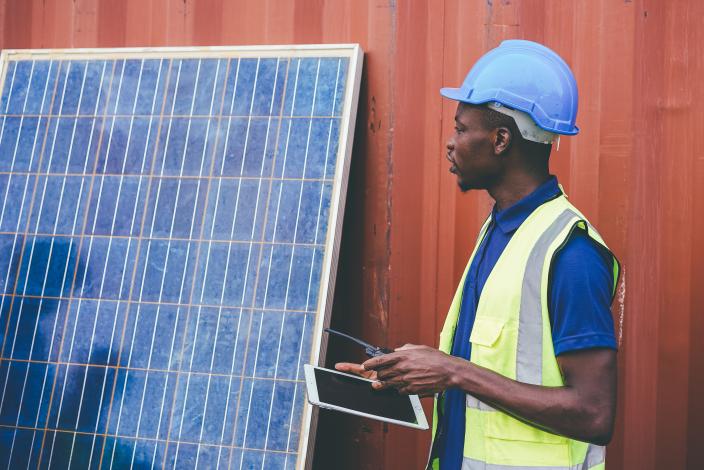
The Malawi Integrated Energy Planning Tool is an online, publicly available, interactive, and user-friendly data visualization platform that equips Malawian policy makers and energy practitioners with data and insights to make informed decisions on strategies and operations to advance energy access in the country.
Learn more
This new geospatial platform will support the country’s dual goals of achieving universal energy access by 2030 and net zero by 2060.
Learn more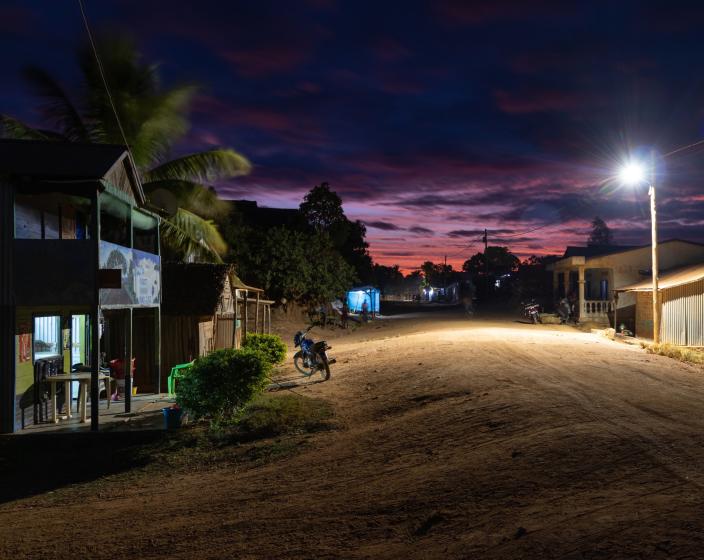
Developed in collaboration with the Government of Madagascar and powered by extensive geospatial analytics, the tool provides actionable location intelligence to plan the expansion of least-cost access to electricity, access to clean cooking, and cold chains for the medical and agricultural-fisheries sectors.
The tool presents interactive and downloadable data from Madagascar based on integrated energy planning analyses to achieve universal energy access in the country by 2030.
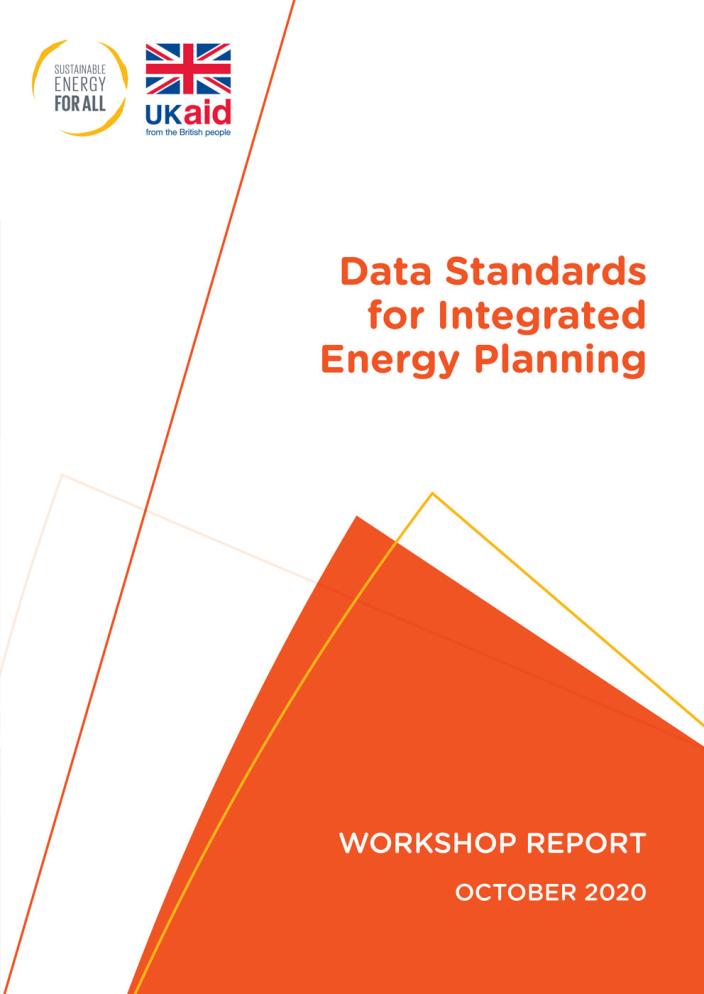
Event report
19 oct 2020
Sustainable Energy for All (SEforALL) hosted a workshop on improving and standardizing data used by governments and their partners for integrated energy planning. This outcome document synthesizes the discussions that took place over five meetings.
Related content

Webinar
17 Jan 2025

News
15 nov 2024

Research
05 oct 2024

News
05 oct 2024
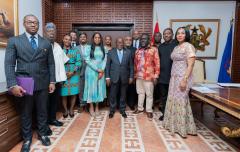
News
14 aoû 2023

Opinion
22 déc 2022

News
19 oct 2022

News
03 fév 2022

Webinar
24 Feb 2021
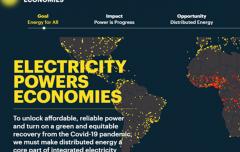
News
14 déc 2020
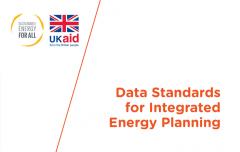
Event report
19 oct 2020

News
19 oct 2020
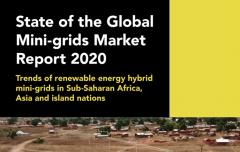
Research
01 juil 2020
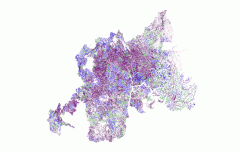
Webinar
29 Jan 2020
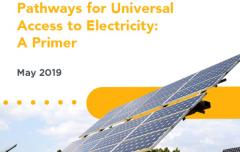
Knowledge brief
20 juin 2019
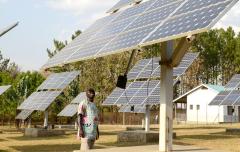
News
20 juin 2019

SDG7 News
20 juin 2019
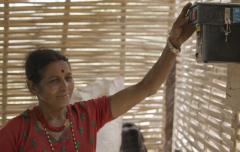
SDG7 News
20 juin 2019
